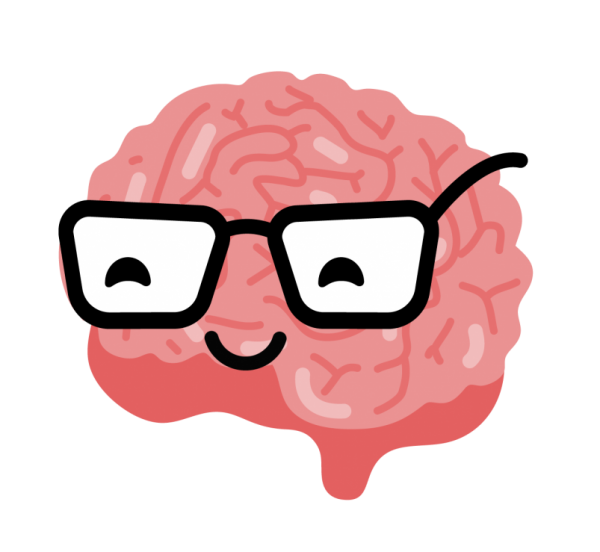Do you really think a bunch of journalism students wouldn’t talk about caffeine in a scientific column?
Living off our daily consumption of bitter brew, most of us university students cannot survive a whole day without chugging at least one mug of coffee. In fact, it is so popular that coffee is the second most traded commodity in the world, after oil. But how exactly does caffeine works on your body?
When breaking down ATP, the energy molecule that fuels our bodies, a chemical called adenosine is released. The chemical attaches to receptors in the brain that triggers a set of biochemical reactions, slowing down metabolism and making you sleepy. The more adenosine the body produces, the more fatigued it becomes. This makes sense considering the longer someone is awake, the more they feel tired.
Caffeine, however, is what is called an adenosine receptor antagonist. This means that it has a similar molecular structure to its counterpart and fits almost-perfectly to those receptors, blocking access to adenosine. But since it’s not adenosine, the sleepiness effect does not occur.
In fact, caffeine has similar effects to cocaine, but less intense. It promotes the production of adrenaline and extends the effects of dopamine on the brain.
Quite a clever way to challenge your midterm fatigue. But be careful. The brain responds to the long-term use of caffeine by creating new adenosine receptors to accommodate those pesky sleeping agents, meaning the body needs more coffee to enjoy the same effects. Miss your daily brew and you’re in for a nasty withdrawal – trust me, I’ve been there.
In addition, while coffee can make you feel better and more alert, the increase of adrenaline can raise your heart rate, lead to high blood pressure, create anxiety and, of course, cause insomnia.
Some might think that it is impossible to stop drinking coffee because your brain is now used to responding more efficiently to adenosine. This is partly true. While quitting will result in short-term headaches and nausea, the brain adapts by discarding extra adenosine receptors. In only a few days a coffee addict, like myself, can get back on both feet without that daily dose.
I’m not saying everyone should stop consuming coffee. Au contraire! Never could I completely discard my daily pleasure of sipping on a hot americano, but it is important to stay moderate in our consumption. If not now, maybe after your last midterm!
Graphic by @sundaeghost




